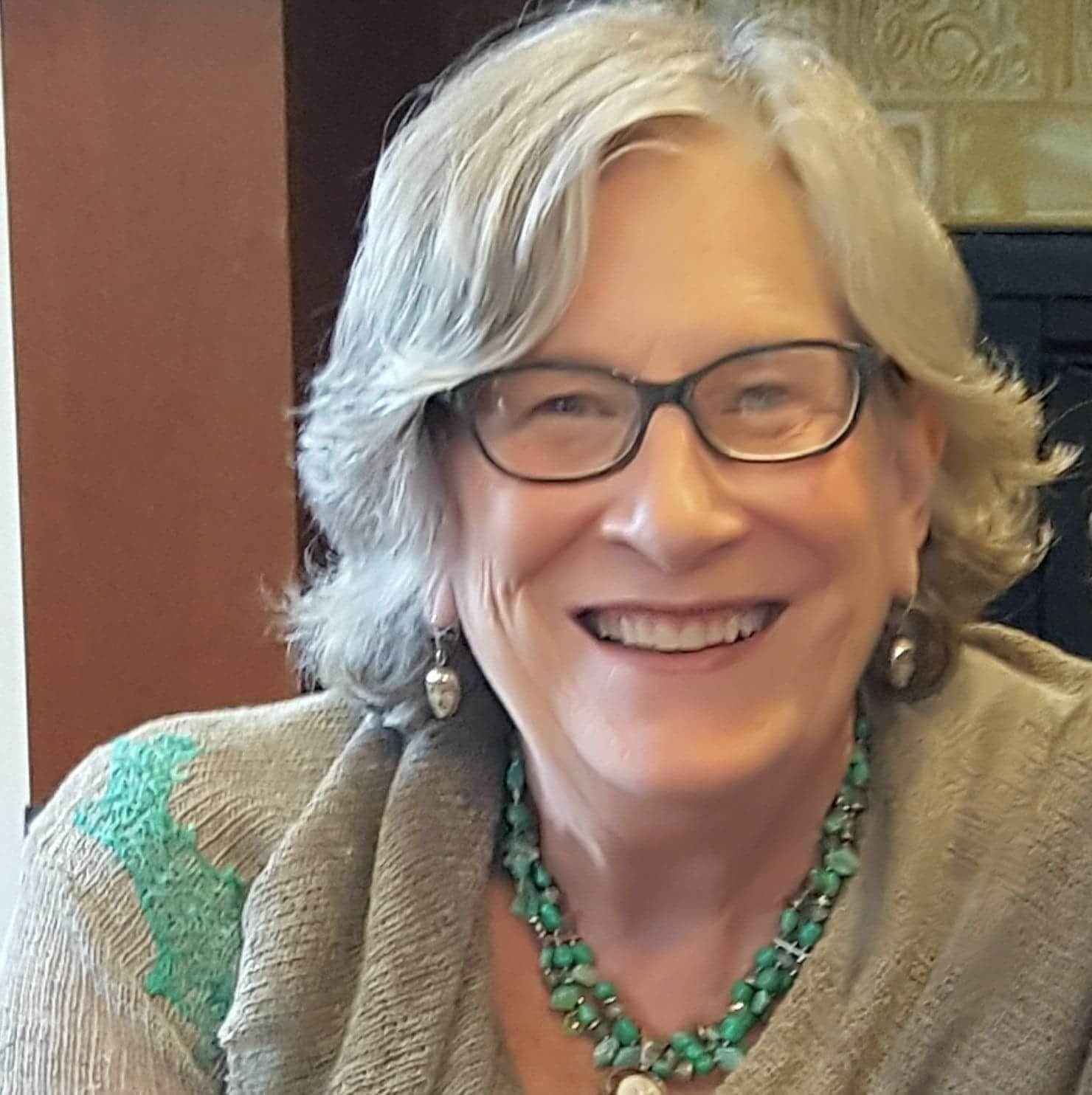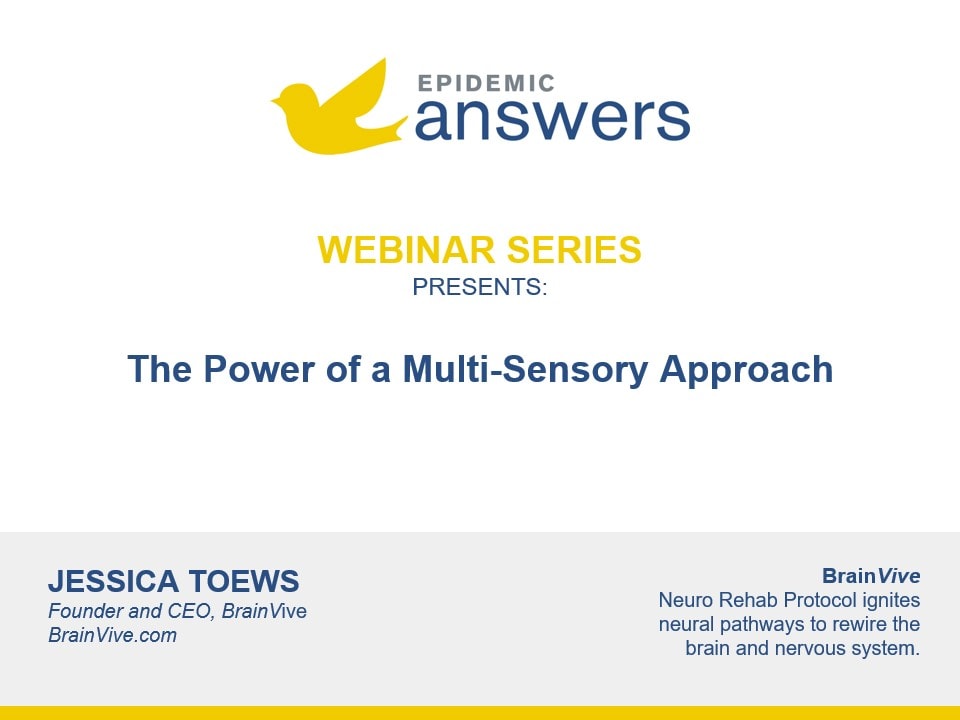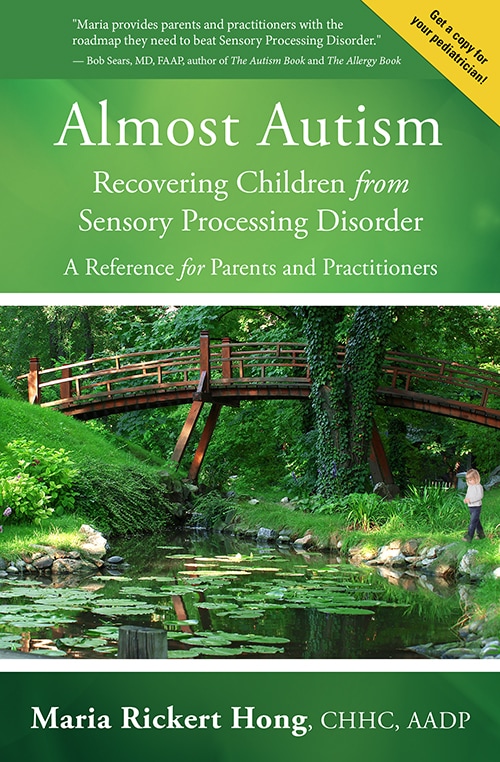In this blog post, Patricia S. Lemer explains why special needs therapy is often not covered by insurance or schools and offers possible solutions.
Many parents are willing to try innovative special needs therapy, and they also believe they are entitled to whatever therapy is necessary to make their child well. They feel their children simply cannot wait a generation for the results of clinical trials and research to prove a new therapy’s efficacy.
Several burning questions consume my thoughts:
- “How can we make innovative therapies more accepted and available?”
- “What can we do for kids who languish while awaiting all types of therapies and services?”
- “What about children whose families can’t afford private therapies?”
- “What are some reasonable solutions?
Answers came from Dr. Edward Feinberg, a veteran administrator of Anne Arundel County, Maryland Public Schools. He has spoken passionately about his system’s financial dilemma of delivering “promising therapies” to “those who want them”.
Who Pays for Special Needs Therapy?
Unfortunately, it is often finances, not children’s needs, that determine who receives what. Upon whom does the financial burden of providing services for children with disabilities fall? Children have become hot potatoes tossed between insurance company and school.
Occupational therapy, vision training, and speech-language issues can fall under the jurisdiction of either institution. Therapies, if approved, are permitted only for a short time. Developmental delays that take years to become evident are expected to be eliminated in several months. Few understand that money spent on young children now saves society considerable expense later.
Some Possible Solutions
Dr. Feinberg’s brilliant suggestion is for families, advocates, public agencies and legislators to develop a framework for proactive collaboration. Each has a unique role.
What Families Can Do:
- Keep a running history of a child’s growth, development, illnesses, diet and milestones. Update it regularly. Give copies to new therapists and avoid repetitive “intake” meetings.
- Define the issues that are of concern with specific examples, including a videotape, if possible. Include possible antecedents, strategies that work, and a description of home and school environments.
- Educate those working with your family, including your physicians and teachers. Give them copies of our blogs, books, articles and materials from other groups such as DAN!, CAN, and The Feingold Association.
- Keep information flowing. It is said that it takes at least four exposures before awareness becomes attention.
- Watch all aspects of your child’s “diet.” Not just food, but also sensory and psychological diets are important. Eliminate artificial ingredients, limit TV and videos (especially those that are overstimulating and violent), and add psychological “vitamins,” such as playing games, reading together and physical contact.
What Schools Can Do:
- Give obviously struggling children a developmentally appropriate curriculum that meets them where they are rather than pushes them to where we think they should be.
- To those who qualify, provide related services on a non-handicapped basis for a limited time, thus avoiding premature labeling, unnecessarily lengthy meetings and due process hearings.
- Collaborate with insurance companies to:
- Share the burden of long-term therapies
- Set aside funds to finance “promising therapies during a pilot program
- Evaluate outcomes carefully
- Resolve disputes through mediation whenever possible.
What Private Practitioners Can Do:
- If a family must wait a month or more for an appointment, have monthly information sessions for prospective clients giving philosophy and generic ideas for improving a child’s function at home and school.
- Provide a list of readings that explain what you do and how it can help children. Well informed parents appreciate the time saved and the opportunity to do something while waiting.
To shorten the duration and cost of therapy programs:
- Reinforce and supplement in-office therapies with home programs.
- Consider group work, especially with practitioners of other disciplines. For instance, combining occupational and speech/language therapies yields better results than either therapy yields alone.
What the Healthcare System Can Do:
- Research the outcomes of “promising therapies.”
- Share information with school systems and parents.
- Help families own some of the process by communicating and collaborating with them.
- Consider how money spent today decreases long-term expenditures.
The healthcare and educational systems were simply not designed to handle the increasing numbers of young children with disabilities. Creative ideas are essential for our children to receive the help they need.
About Patricia S. Lemer LPC MEd
Patricia S. Lemer is a licensed professional counselor, holding a Masters of Education in counseling and learning disabilities from Boston College and a Masters in Business from Johns Hopkins University. She practiced as an educational diagnostician for over 40 years.
She was a co-founder and served as Executive Director of the international non-profit organization Developmental Delay Resources (DDR). After DDR merged with Epidemic Answers, she became Chairman of the Board. When she retired from the board, she became an emeritus board member.

She is the author of three books, the most recent of which is Outsmarting Autism, Updated and Expanded: Build Healthy Foundations for Communication, Socialization, and Behavior at All Ages (North Atlantic Books, 2019).
Lemer wrote over 50 editorials for "New Developments," the quarterly newsletter of Developmental Delay Resources (DDR), from 1995 - 2009. When DDR wound down, she wrote an online blog, "After the Diagnosis, Then What?" from 2009-2017. Her articles and blogs have been updated and archived on the Epidemic Answers website.
Since 2019, Patricia Lemer has recorded a bimonthly podcast, "The Autism Detective." In these hour-long shows, she interviews parents and professionals about their experiences in maximizing the potential of individuals on the autism spectrum. Over 100 episodes are available on Spotify and other online platforms. To learn more, go to PatriciaLemer.com and OutsmartingAutism.com
Still Looking for Answers?
Visit the Epidemic Answers Practitioner Directory to find a practitioner near you.
Join us inside our online membership community for parents, Healing Together, where you’ll find even more healing resources, expert guidance, and a community to support you every step of your child’s healing journey.




